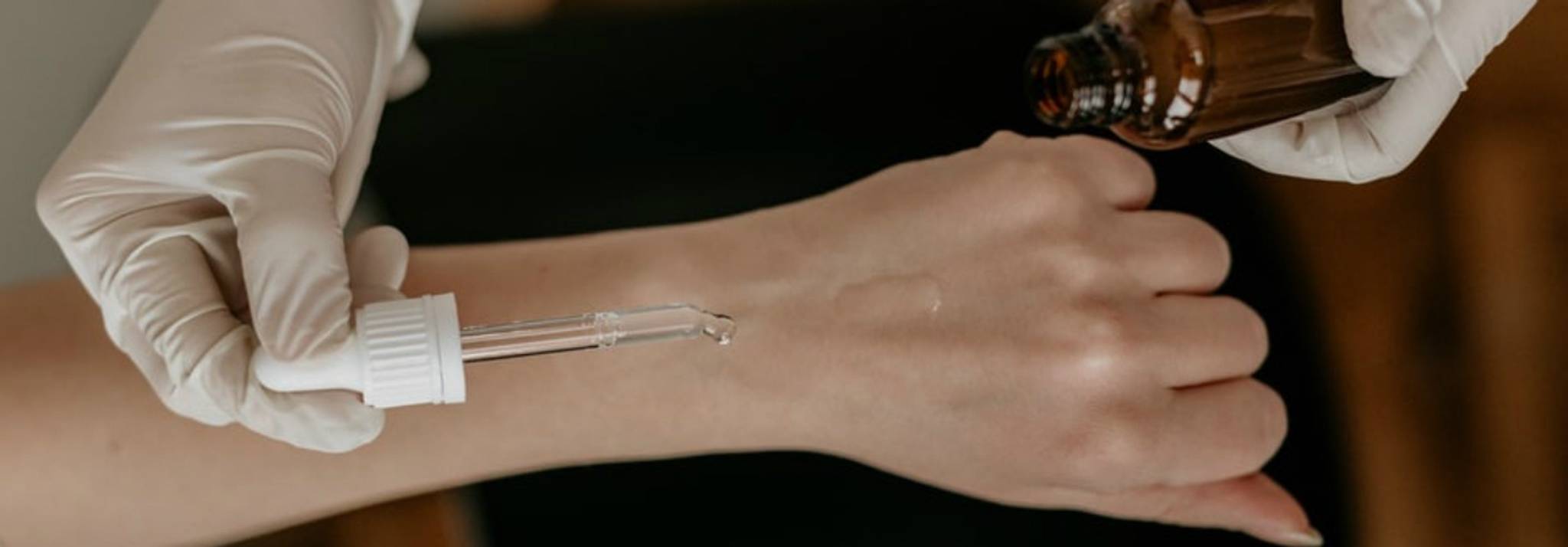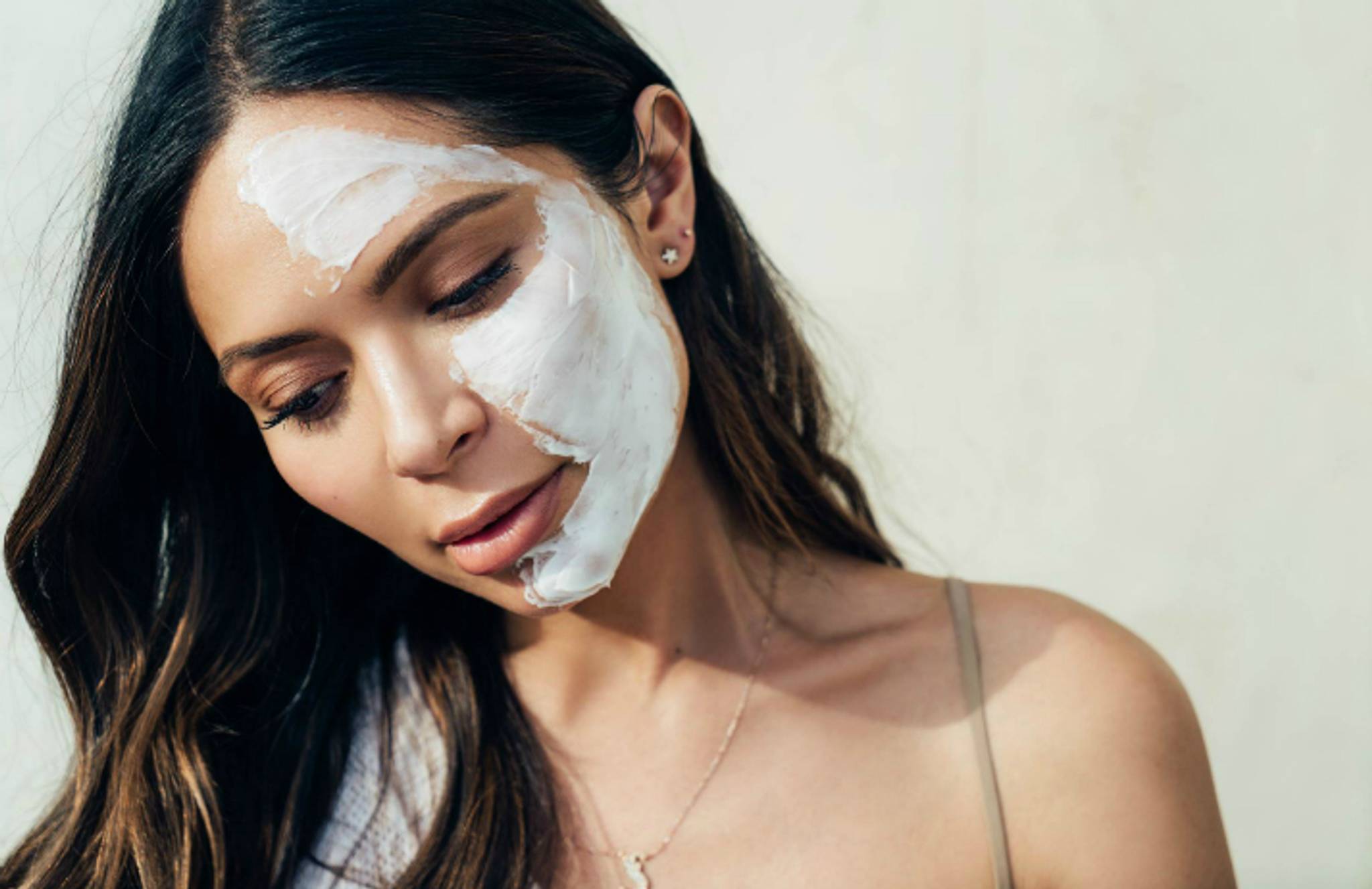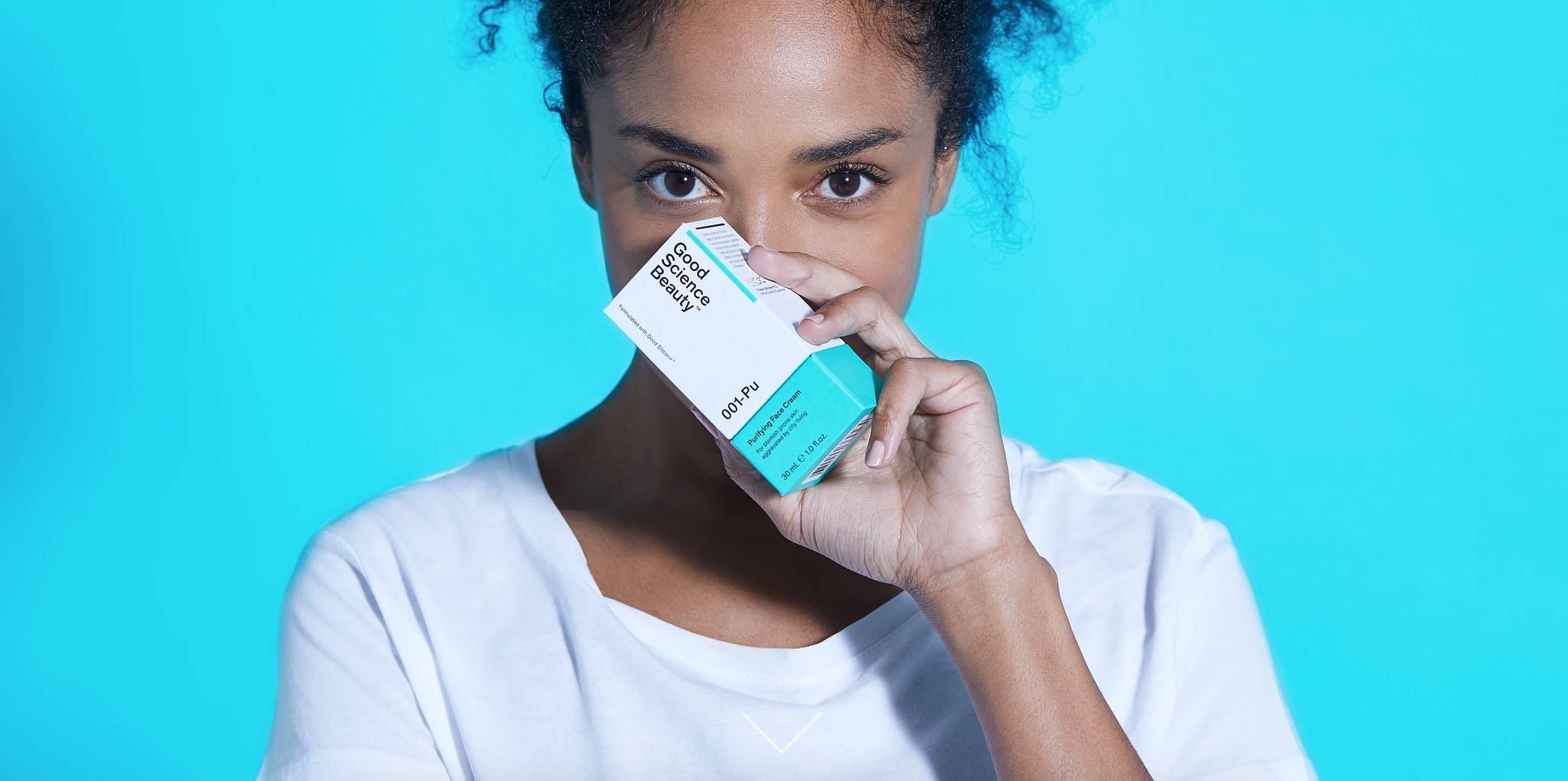
Luxury label Tom Ford is entering the skincare market with a line of ‘scientifically-backed’ products due to launch in the US in August 2019. As influencers and brands struggle to gain people's trust, skincare companies have the opportunity to prove their credentials and authenticity with science. We explore the insights behind this and why brands are leaning on science to regain trust.
Designer label Tom Ford is launching a skincare range in collaboration with Estee Lauder called Tom Ford Research. The line has active ingredients such as gyokuro – a dermatologist-recommended Japanese green tea – and the rare white porcelain cacao. Other ingredients include common beauty compounds such as glycolic, lactic, and hydrochloric acids as well as peptides. Launching in August 2019 at Tom Ford locations across the US as well as Saks Fifth Avenue, the first two products are a Serum Concentrate ($350) and Crème Concentrate ($450).
As people actively seek out skincare products that meet their unique needs, there’s a growing demand for scientifically-backed offerings. While alternative treatments are on the rise in the health sector, there’s a parallel movement toward skincare products backed by scientific research. And given the declining credibility of influencers, who are increasingly perceived as inauthentic, brands are leaning on science to regain trust. It’s a tactic that’s being used by probiotics company Seed, which launched an Instagram-based ‘university’ to teach influencers the science behind their products so they can promote them with expertise. Similarly, cosmetics brand Good Science Beauty harnesses its scientific credentials to cater to discerning consumers.
“I wanted to start a serious skincare arm and have it be science-based,” Ford told WWD. “This is a real skincare product and regimen. I’m not a designer who has thrown his name on a beautifully packaged cream.”
Sophie Robinson is a Junior Behavioural Analyst at Canvas8. She has a degree in Social Anthropology from the University of Manchester and always tries to deconstruct stereotypes of normality. When not questioning why she’s watching a short film or writing a screenplay.



